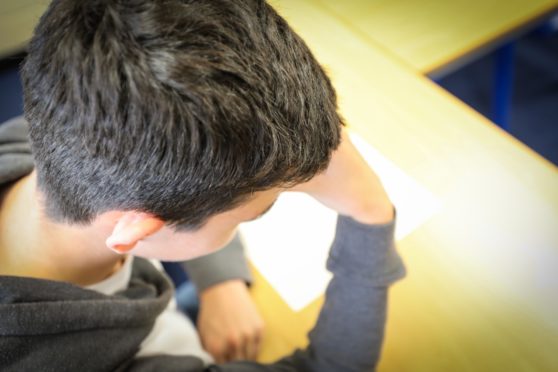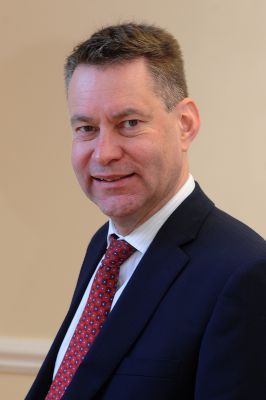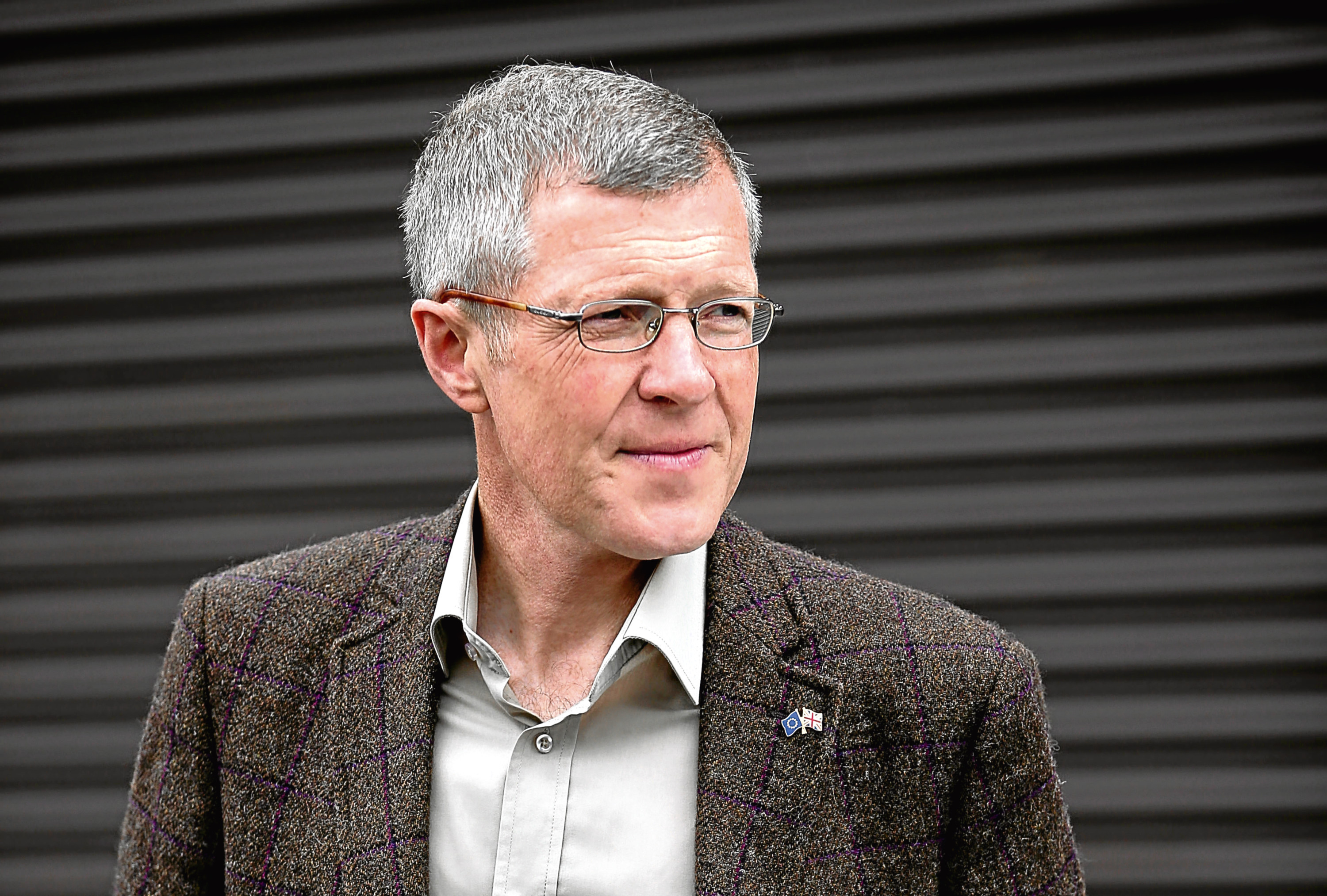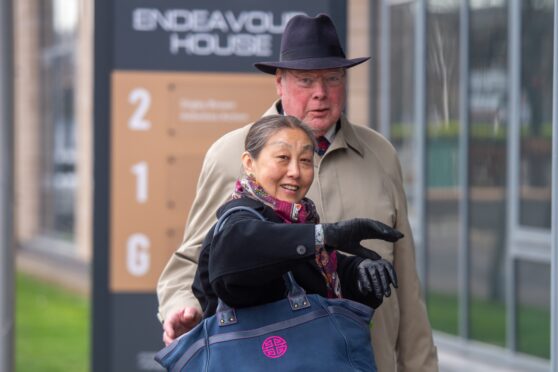Scotland’s system for grading pupils unable to sit exams has been branded a debacle and an injustice.
Mid Scotland and Fife Conservative MSP Murdo Fraser said he had been inundated with calls from angry parents whose children had received lower than predicted marks.
The Scottish Government, he said, should not have agreed to the moderation method of the Scottish Qualifications Authority which took account of schools’ historic performance.
Around a quarter of grades were adjusted from those estimated by teachers, most of them downward.
Mr Fraser said: “A large percentage of pupils who expected good results on the basis of their prelim results had their grades downgraded with no explanation, meaning that university places are at risk.
“Many parents have told me they will appeal these grades but have been left concerned and frustrated.
“To downgrade more than 120,000 exam results in this manner is nothing short of a fiasco.
“The downgrading of exam results was particularly prevalent in deprived areas of Scotland, which is shocking.
“To downgrade more than 120,000 exam results in this manner is nothing short of a fiasco.”
Murdo Fraser MSP
“There are now serious questions for the SNP government to answer on why they chose such an untested system of marking during this pandemic.”
Scottish Liberal Democrat leader Willie Rennie claimed the moderation methods “shackled well performing pupils in average schools by historical results over which they have had no control”.
He has written to First Minister Nicola Sturgeon demanding publication of datasets used for marking and an expansion of the appeals service.
The North East Fife MSP said: “I cannot fathom why there was no early transparency, scrutiny and discussion of the complex methodology used by the Scottish Qualifications Agency that has led to this injustice on a such large scale.
“The appeals process is likely to be overwhelmed and place considerable demands on teachers who have also been charged with health and safety of our pupils who return to school full time next week for the first time during this pandemic.
“Thousands have been let down by the government just when they needed it most.”
Scottish Liberal Democrats leader Willie Rennie
“Thousands have been let down by the government just when they needed it most.”
Liberal Democrat education spokesman on Fife Council, James Calder, the system must be reviewed, as without a coronavirus vaccine there were no guarantees exams would be held next year.
He said: “We don’t know what the situation is going to be like over the next year, so this has to be improved.
“There’s a real risk pupils from disadvantaged backgrounds have been left behind in this whole process.”
Perth and Kinross Council’s SNP education spokesman Councillor John Rebbeck congratulated pupils who had achieved good results, with the overall pass rate the highest in recent years, but acknowledged some would be disappointed.
He said: “The SQA had a difficult balance to strike between fairness for individual pupils and the credibility of the results as a whole.
“There will inevitably be some personal injustice and trauma as a result.
“It’s vital that the SQA appeals process is able to recognise where this has happened and rectify situations where pupils have been unfairly graded down, particularly where young learners from disadvantaged backgrounds have been judged on a particular school’s previous record.”
Appeals
The SQA has a free appeals service, open to those whose results are lower than teachers’ estimates.
A spokesman said: “Priority will be given to those candidates wishing to confirm a college or university place.
“If learners have any questions about their results they should speak to their school, college or training provider first.”
He also pointed out that moderation summaries had been published, summarising historic attainment, the 2020 starting point distributions, 2020 estimates and the key outcomes of the moderation process for particular courses and levels.
Government statement
Education Secretary and Deputy First Minister John Swinney is to make a statement to parliament next week.
A Scottish Government spokesperson said: “Scotland’s exams have never previously been cancelled, so the SQA had no alternative but to put in place an alternative certification model this year.
“Moderation is an annual process and ensures the integrity of awards and fairness to learners over time – which is ultimately for the benefit of learners themselves.
“Teachers and lecturers applied their professional judgements and three out of every four grade estimates were not adjusted by the SQA.
“The SQA results show a narrowing of the gap between the most and least disadvantaged young people attaining grades A to C compared to last year, and to a level below the average for the last four years.
“There is a free appeals process this year to give schools and colleges the chance to present evidence in support of teacher and lecturer estimates, and we would encourage any young person who disappointed by their results to discuss with their school.”












